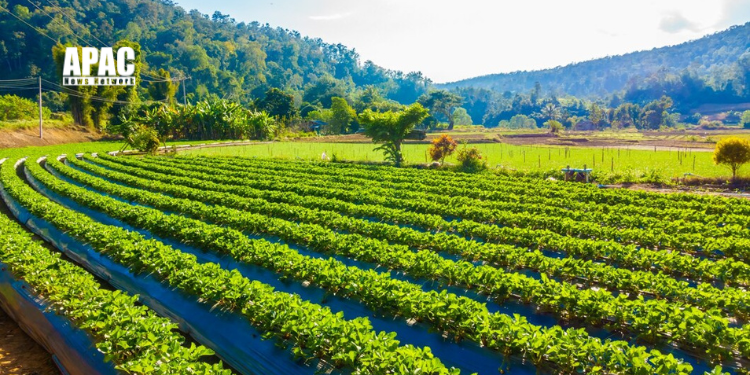Mumbai: The Maharashtra government is evaluating the use of artificial intelligence (AI) in agriculture to improve productivity and reduce farming costs. Deputy Chief Minister Ajit Pawar has directed the Agriculture Department to assess the feasibility of AI adoption in coordination with the Cooperation Department.
AI in Farming: Addressing Key Challenges
Farmers in Maharashtra face increasing challenges due to climate change, unpredictable rainfall, crop diseases, and labour shortages. AI-driven solutions could help by analyzing crop health, monitoring soil conditions, detecting pest infestations, and optimizing farm management practices. The government aims to introduce AI on an experimental basis to study its impact before wider implementation.
Potential Benefits and Implementation
If adopted effectively, AI could help farmers reduce dependency on chemical fertilizers and pesticides, improve yield predictions, and optimize supply chain logistics. The technology may also assist in weed identification, disease control, and monitoring soil carbon content. Officials believe AI could lead to long-term cost savings and more efficient resource utilization in agriculture.
Government’s Next Steps
A high-level meeting on AI integration in agriculture was held at the state secretariat, chaired by Deputy CM Ajit Pawar. Key attendees included Agriculture Minister Manikrao Kokate, Minister of State for Agriculture Ashish Jaiswal (via video conferencing), Minister of State for Cooperation Pankaj Bhoyar, and representatives from the agricultural sector. Discussions focused on technical feasibility, funding, and pilot project implementation.
The government is expected to finalize a roadmap for AI-driven agricultural reforms in the coming months. The success of pilot projects will determine whether AI adoption expands to a larger scale across Maharashtra’s farming sector.
